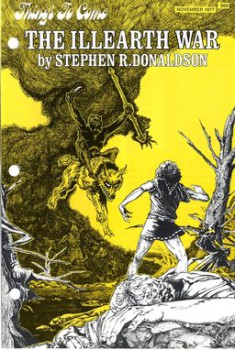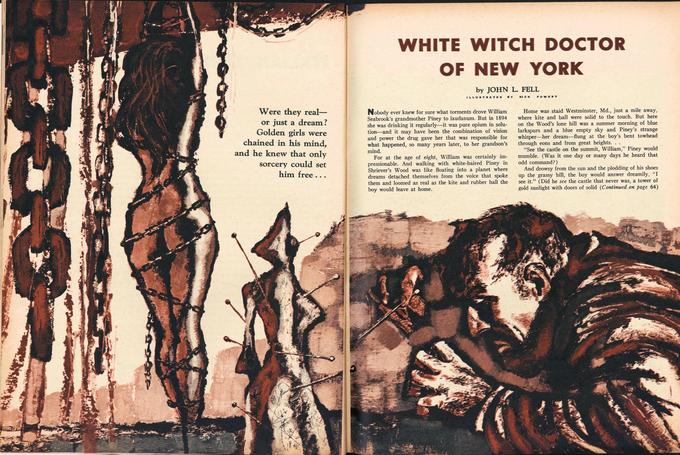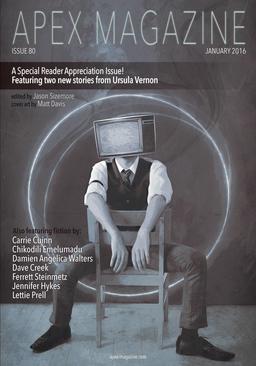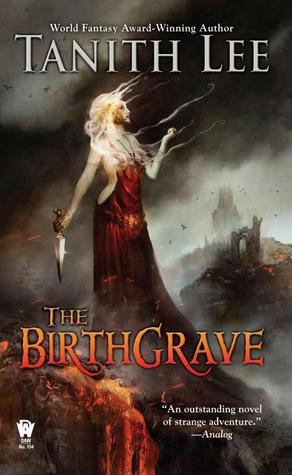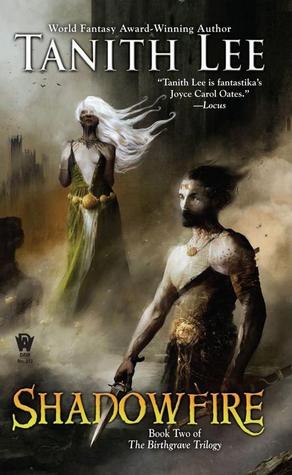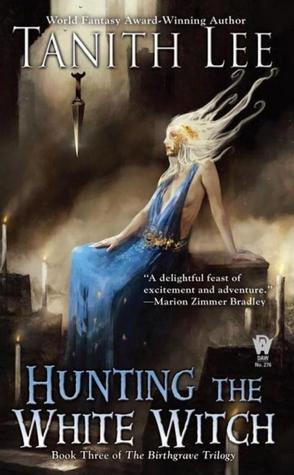Pulp-era Gumshoes and Queen Victoria’s Underwear: Stitches in Time: The Story of the Clothes We Wear by Lucy Addlington

Did you know that men used to wear falsies?
Not for their chests, but for their calves. Back in the 18th-century, men wore stockings and knee-britches, and if you didn’t have well-turned calf muscles, then you were a “spindle shank.” So some men with skinny legs wore little cushions.
Which leads us to the young soldier Jean-Roche Coignet, seduced by an older woman, thus beset by the excruciating problem of how to hide his “wretched false calves and… three pairs of stockings.” He managed to blow out the candle and stash them under the pillow. However, what was he going to do in the morning..?
That’s perhaps the raciest story in Stitches in Time: The Story of the Clothes We Wear, Lucy Addlington’s follow up to the exquisite Great War Fashion, but gives you a sense of how she laces the book with boots-on-the-ground anecdotes about living and loving in period costume. She also scatters it with quirky side notes. Did you know, for example, that there is a market for Queen Victoria’s underwear? I’ve very glad the publishers sent me a review copy.
